Vladimir Putin’s re-election has sparked widespread protest. But support for him remains strong, according to JLT’s Elizabeth Stephens
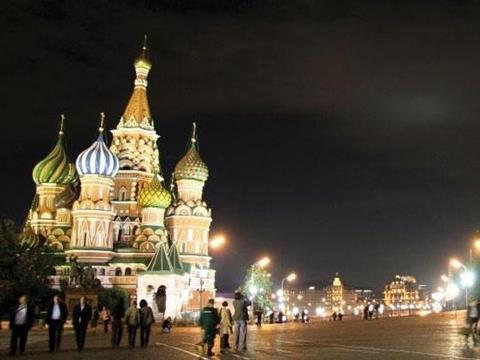
When Vladimir Putin was re-elected in Russia’s presidential elections on 4th March a human chain of 30,000 protesters flooded the streets of Moscow.
And yet protests against the re-election are mostly limited to an urban, middle-class minority, posing no immediate threat of a “Russian-Spring”, according to Elizabeth Stephens, head of credit and political risk for JLT
After passing legislation to increase the president’s term of office to six years, Putin could be in power until 2024. However, in that time, visible tensions are unlikely to dissipate, added Stephens.
The political monopoly of Vladimir Putin and Dmitry Medvedev has done little to challenge many of Russia’s problems, including endemic corruption, the regime’s “murky relationship with business and industry” and a police force that “invites near unanimous suspicion”, she said.
“It is likely that Russians will experience greater press censorship and further evidence of the non-existence of the rule of law before the ruling party regains order or is replaced – while it suppresses dissent and resorts to ever more extreme measures to enforce the semblance of a united Russia.”
So given these problems and the widespread protester movement, how is it that Putin apparently remains so popular?
Across most of Russia’s vast and predominantly rural territory, Putin commands a mixture of genuine respect and admiration – or at least pragmatic support, explained Stephens.
As a result, support for Putin and Medvedev remains strong - despite widespread evidence of vote rigging.
There are economic reasons too.“Under Putin, Russia’s GDP has risen substantially – fuelled by high oil prices, vast reserves and its control of distribution to gas hungry Europe. Meanwhile, Putin has used populist policies and rhetoric to restore Russia’s sense of national pride, recalling the fonder memories of the Soviet era, combined with a relatively modest, yet tangible increase in living standards,” said Stephens.





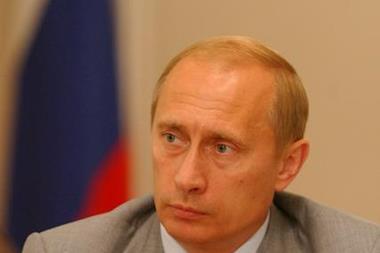
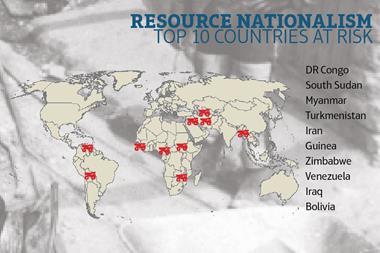
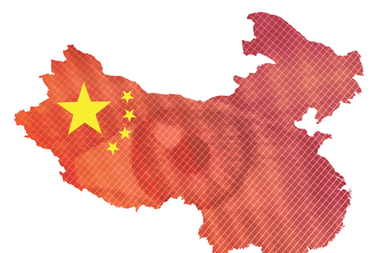
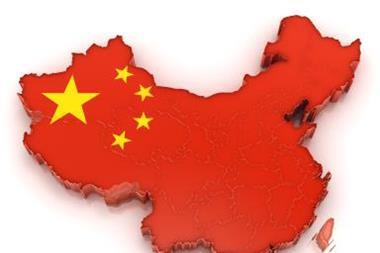

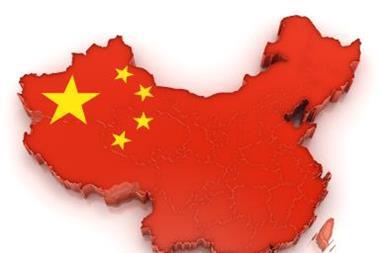
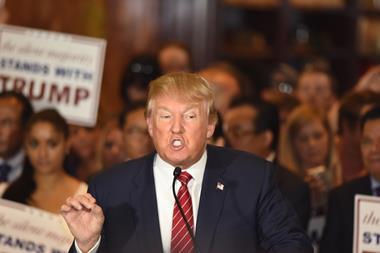

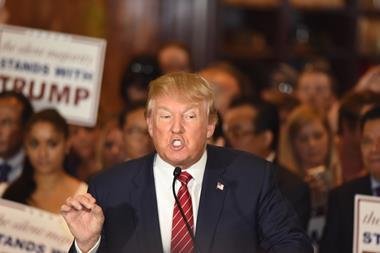

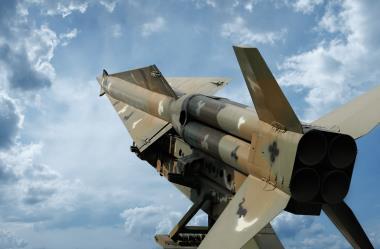




No comments yet